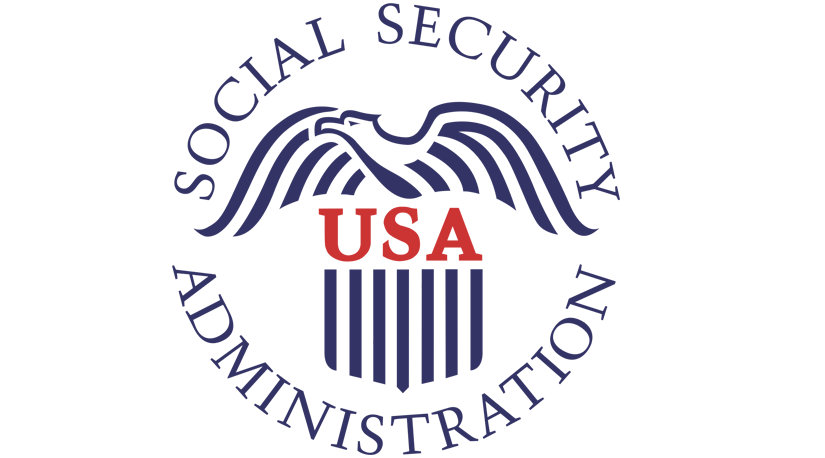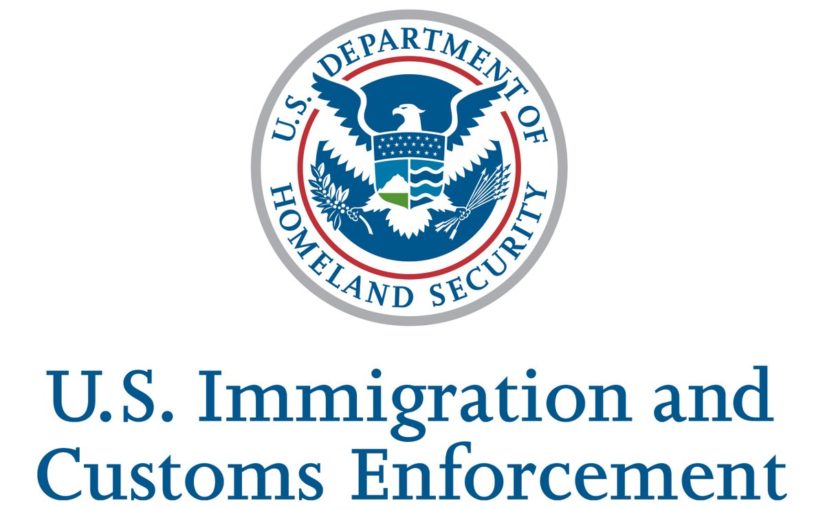“A legal resident is always subject to the immigration authorities, and certain crimes (even minor ones) can be used against a legal resident decades later. There are procedures tho deal with such issues, and it would have certainly come up if he (Lukasz Niec) had applied for naturalization. It is somewhat unusual on this set of facts for ICE to keep him in detention – they can process him and release him on a bond. Becoming a U.S. citizen is the only way to ensure that no issues come up regarding your status.” Jeanne Morales Attorney
ICE detains a Polish doctor and green-card holder who has lived in the U.S. for nearly 40 years

Lukasz Niec was 5 years old when his parents brought him and his sister to the United States from Poland. With two suitcases in tow, his parents — both doctors — left behind a country on the verge of social turmoil. It was 1979, about two years before the country’s authoritarian communist government declared martial law.
Niec received a temporary green card and, in 1989, became a lawful permanent resident. He grew up in Michigan, went to medical school, became a doctor, and raised a daughter and stepdaughter.
Niec, now 43, never fathomed that his legal status in the United States would become an issue. With a renewed green card, and nearly 40 years in the country, his Polish nationality was an afterthought for Niec, his sister told The Washington Post. He doesn’t even speak Polish.
But on Tuesday morning, immigration authorities arrested Niec at his home, just after he had sent his 12-year-old stepdaughter off to school. Niec, a physician specializing in internal medicine at Bronson Healthcare Group in Kalamazoo, Mich., has been detained in a county jail ever since, awaiting a bond hearing and possible deportation.
According to his “notice to appear” from the Department of Homeland Security, Niec’s detention stems from two misdemeanor convictions from 26 years ago. In January 1992, Niec was convicted of malicious destruction of property under $100. In April of that year, he was convicted of receiving and concealing stolen property over $100 and a financial transaction device.
Because Niec was convicted of two crimes involving “moral turpitude,” stemming from two separate incidents, he is subject to removal, immigration authorities wrote in the notice to appear, citing the Immigration and Nationality Act.
Both of the offenses took place when he was a teenager. He associated himself “with some bad people” his sister said. The first of the incidents involved an altercation with a driver after a car crash, Niec’s sister said. He was one of multiple teenagers in the car at the time.
ICE has not responded to requests for information from The Washington Post and declined to comment to WOOD-TV. Since Thursday, a spokesman for the ICE Detroit Field Office has not responded to requests for information from MLive, except to say he was looking into the case.
According to Kalamazoo County court records cited by MLive, Niec also pleaded guilty in 2008 to operating impaired by liquor. After he completed probation, the conviction was set aside, the plea withdrawn and the case dismissed. He was also charged with domestic violence in 2013 and a jury found him not guilty after a trial, MLive reported.
Over the decades, tens of thousands of legal residents have been deported for relatively minor offenses. But under previous administrations, immigration authorities have often let low-level offenders off the hook, prioritizing the deportations of violent criminals. A memo from the Obama administration in 2011 directed immigration officials to look at a number of factors, such as familial relationships with U.S. citizens, criminal history, education and contributions to the community, in deciding whether arrests and prosecution are warranted, as The Post’s Kristine Phillips reported.
But the Trump administration has issued sweeping new guidelines expanding the range of immigrants that count as high priority for deportation, including low-level offenders, and those with no criminal record — regardless of how long they have lived in the country. Now, immigrants feel the threat of deportation more than ever, advocates say, whether they are residing here legally or not.
“You couldn’t vote, but that was really the only difference,” she said. “That’s not the case anymore. . . . Having that status is no longer enough.”
Lucasz Niec had been considering applying for citizenship, particularly after his July 2016 marriage to his current wife, Rachelle Burkart-Niec, who is an American citizen, she told The Post. But with both of their demanding schedules, they had not gotten around to it yet, she said.
Lucasz Niec has been a doctor for more than a decade. He treats patients at three different Bronson hospitals, and is responsible for scheduling all physicians in his group, covering about five hospitals in the area, his wife said. He was picked up by immigration officials on his first day off after working a week straight, including several double shifts.
His wife was working her shift as a charge nurse at a Bronson hospital Tuesday morning when she received the phone call from her husband, saying he had been arrested by immigration officers. She was so taken aback that she thought he was pulling a prank on her, she said.
Now, after nearly a week in jail, Lucasz Niec has yet to see a judge, and his family says he has received no information from immigration authorities since the day of his arrest.
“He is needed in the hospital,” his wife said. Hospitals in the area are packed full, she said, in part because of the widespread influenza. The Kalamazoo area has seen an increase in flu cases in recent weeks, in numbers well above the four-year average, according to the Kalamazoo County Health and Community Services Department.
A number of his hospital colleagues have written letters to an immigration judge, rallying support for Niec, MLive reported.
“The consensus about his character is overwhelming with no single complaint I have ever heard from anyone over 10 years,” Kwsai Al-Rahhal, M.D. wrote, according to MLive. “He is loving, caring and respectful.”
Another colleague, Jose Angelo L. De Leon, M.D., wrote about how Niec often stepped up to take on extra hours due to staff shortages.
“I cannot say enough about his work ethic and his service to our community,” De Leon wrote.
Villaire said she is hiring a lawyer for her brother, and is hoping Michigan’s governor considers pardoning his misdemeanor offenses. She is also seeking other avenues by digging through her family’s archives.
For example, Villaire knows her mother became a naturalized citizen, but she is not sure when. If she was granted citizenship before Lucasz Niec turned 18, he may already be a citizen by default, Villaire said. But both their mother and father are now deceased, and some crucial documents are missing in the archives they left behind with their children.
Deporting Lucasz Niec would mean sending him to a country and culture completely foreign to him, his sister said. He has been back to Poland once, as a teenager, she said. He has maintained no relationships with family or friends there and has never felt much of a connection to his Polish heritage, his sister said, adding that her brother is “as American as anyone gets.”
“He can’t be deported,” his wife said. “He can’t speak Polish. He wouldn’t know where to go. He would be lost.”






